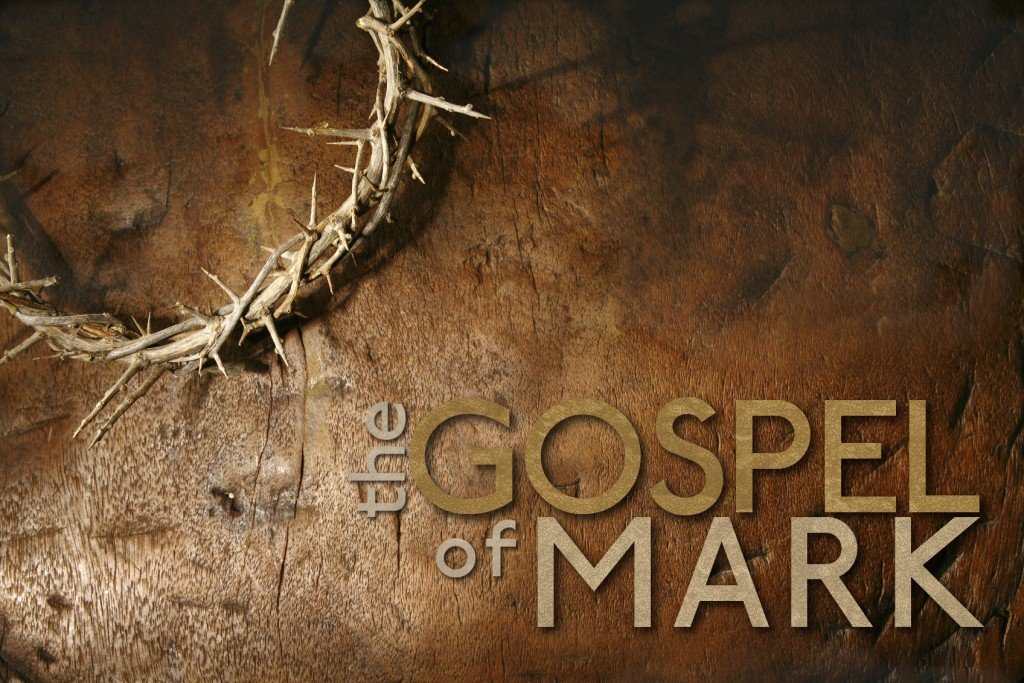In the last issue of this article, I began sharing with you the context in which the Gospel of Mark was written. The year was 70 CE. The war, with its climax in the destruction of Jerusalem and the temple, was central to the historical context of Mark. This is especially apparent in Mark 13 (you are encouraged to look this up) sometimes called the little apocalypse to distinguish it from the big apocalypse of Revelation (the last book of the New Testament [NT] which was written by John the beloved) An apocalypse is the revelation of the end which is sometimes accompanied with a list of signs of what will happen near the end. 
Mark 13 begins with followers of Jesus marveling at the magnificence of the temple and its huge stones. Then Jesus warns them that it will all be cast down. The rest of the chapter speaks of what will soon happen: wars and rumors of wars, suffering and persecution, the desolating sacrilege in the temple (almost certainly referring to the legions offering sacrifices to Caesar in the temple after its conquest in 70), and then after a few more events, the coming of the Son of Man in clouds with great power and glory, language commonly and naturally understood to refer to the second coming of Jesus. It will happen soon, Mark says: This generation will not pass away until all these things have taken place.
Thus the gospel of Mark is marked by imminent eschatology, to use a scholarly phrase. Eschatology is about the end – not the end of the created world, but the end of this age. Imminent eschatology means the end is near. It appears in Mark not only in chapter 13, but also earlier in 9:1: Truly, I tell you, there are some standing here who will not taste death until they see that the kingdom of God has come with power. The coming of the kingdom of God with power and the coming of the Son of Man with power seem to refer to the same thing.
Mark and his community expected the second coming of Jesus soon. So did Paul and many others in first-century Christianity. The language they use suggests that they expected it to involve a dramatic divine intervention. God would do this, soon. Obviously, they were wrong – it didn’t happen. There is vigorous scholarly disagreement about whether this expectation goes back to Jesus himself and his message about the kingdom of God or whether this conviction emerged after Easter within early Christian communities. To relate this to Mark’s story of Jesus, as the earliest gospel, does Mark’s imminent eschatology accurately report that Jesus expected God to intervene in a dramatic way in the near future? Or is it (and other NT expressions of it) the product of a process that began after Jesus’ historical life? Is imminent eschatology a post-Easter development?
